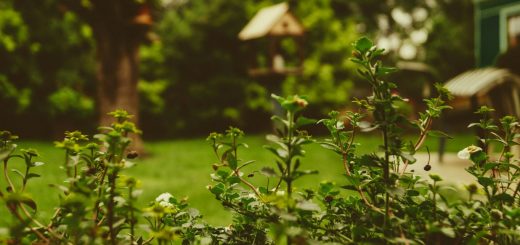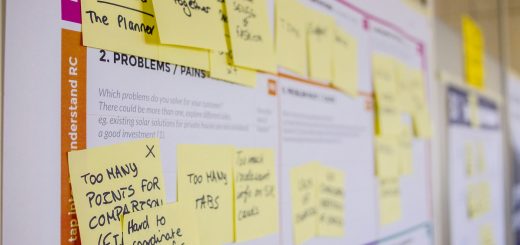A Guide to Mastering The Essential Creative Skills You Need To Learn
The human capacity for creativity is boundless. From crafting captivating stories to composing soul-stirring music, creative expression allows us to connect with the world, solve problems in innovative ways, and leave a lasting mark. But in today’s fast-paced world, it can be easy to feel our creativity stagnate. Creative skills to learn are not just for artists and musicians; they are valuable assets for anyone who wants to approach life with a fresh perspective, think outside the box, and bring their ideas to life.
This guide delves into a diverse range of creative skills to learn, categorized to enhance specific areas and ignite your creative spark. Whether you’re a budding entrepreneur, a seasoned professional, or simply someone who wants to enrich your life with a touch of artistic expression, there’s something here for everyone.
Sharpening Your Core Creative Skills:
The foundation of any creative endeavor lies in these fundamental creative skills to learn:
- Observation: Hone your ability to truly see the world around you. Pay close attention to details, textures, colors, and sounds. Observing the world with a curious eye can spark unexpected ideas and fuel your imagination.
- Idea Generation: Master the art of brainstorming! Practice techniques like mind mapping, freewriting, and SCAMPER (Substitute, Combine, Adapt, Modify, Put to Other Uses, Eliminate, Reverse) to generate a wide range of ideas and possibilities.
- Critical Thinking: Don’t settle for the first idea that pops into your head. Learn to analyze your ideas objectively, weigh pros and cons, and refine them into their strongest forms.
- Problem-Solving: Approach challenges with a creative mindset. Use your brainstorming skills to generate solutions that are unique, innovative, and effective.
- Communication: Effectively conveying your ideas is essential for success in any creative field. Learn to communicate clearly, concisely, and in a way that resonates with your audience.
Expanding Your Creative Toolkit:
Once you’ve mastered the core skills, creative skills to learn can be further expanded to explore specific areas of creative expression:
- Writing: Whether you’re crafting captivating novels, writing persuasive blog posts, or simply journaling your thoughts, strong writing skills are a valuable asset.
- Visual Arts: Delve into the world of drawing, painting, photography, or even graphic design. These visual skills allow you to express yourself through powerful imagery.
- Music: Learn to play an instrument, compose music, or simply develop a deeper understanding of musical theory. Music is a universal language with the power to evoke emotions and tell stories.
- Storytelling: The ability to craft compelling narratives is a valuable skill across various creative fields. Learn how to structure a story, develop engaging characters, and create a captivating plot.
- Coding: In our increasingly digital world, coding skills can be a powerful tool for creative expression. Learn the basics of coding to create interactive websites, develop video games, or even design your own apps.
Beyond the Basics: Nurturing a Creative Mindset
Creative skills to learn go beyond technical proficiency. Here’s how to cultivate a thriving creative mindset:
- Embrace Curiosity: Approach the world with a sense of wonder and a genuine desire to learn new things. Curiosity fuels creativity and opens doors to unexpected possibilities.
- Challenge Assumptions: Don’t accept things at face value. Question the status quo and constantly seek out ways to improve and innovate.
- Step Outside Your Comfort Zone: Growth happens outside your comfort zone. Try new things, take calculated risks, and push yourself to learn new skills.
- Embrace Collaboration: Creativity thrives on collaboration. Surround yourself with other creative individuals, share ideas, and learn from each other’s perspectives.
- Consume Inspiration: Actively seek out inspiration from books, movies, music, art galleries, museums, and even nature. Expose yourself to diverse creative expressions to spark your own ideas.
Remember: There’s no right or wrong way to be creative. Creative skills to learn are a journey, not a destination. Experiment, have fun with the process, and celebrate your unique creative voice.
Bonus Tip: Keep an Idea Journal! This can help you capture your ideas, observations, and sketches. Revisiting your creativity journal can help you track your progress, identify patterns, and spark new ideas.







Recent Comments